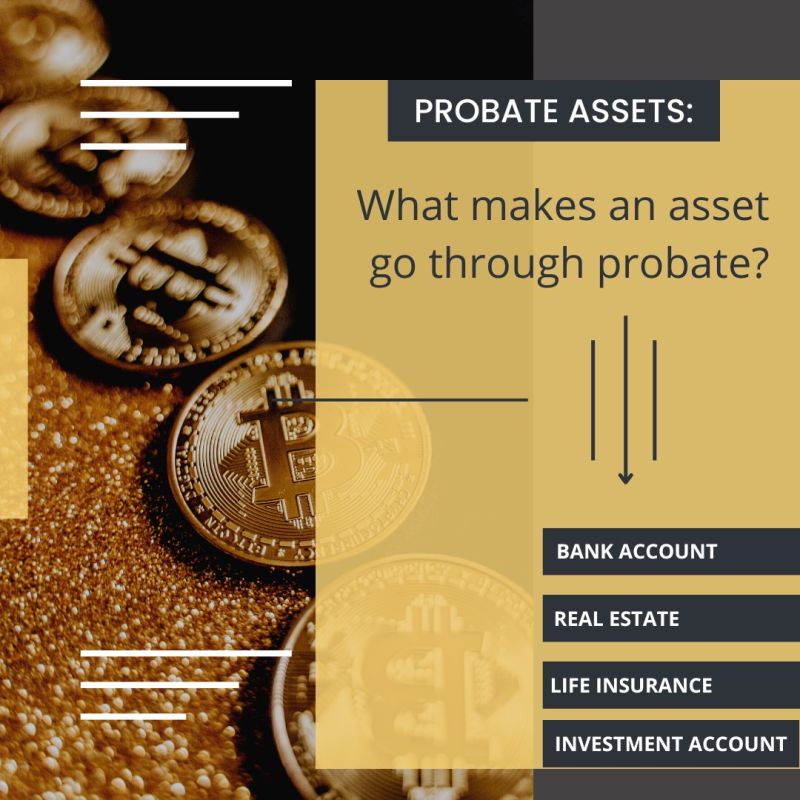
When an individual passes away, their existence becomes frozen in time, preserving all its original characteristics.
Probate assets consist of assets that were held solely by the deceased at the time of their death or jointly owned by the deceased and one or more individuals but did not have a provision for automatic transfer of ownership upon death.
⚖️Certain circumstances necessitate the involvement of probate for specific assets or properties.
For instance:
🏢📈Bank Accounts | Investment Accounts:
In the realm of bank accounts and investment accounts, if the deceased held assets such as IRAs, 401ks, or bank accounts solely under their name without designating a beneficiary, the probate process is typically required to transfer ownership to rightful heirs.
🏠🔑Real Estate:
Similarly, when it comes to real estate, if a family member who was the sole owner of the house where you reside passes away, and their name is the only one on the deed, it is likely that probate will be necessary to release and transfer ownership to the rightful heirs.
✍️💸Life Insurance:
Life insurance policies also present a scenario where probate may be required. If an individual held a life insurance policy without designating a Payable on Death (POD) beneficiary, probate would typically be necessary to distribute the policy proceeds to the intended heirs.
In essence, understanding the power of beneficiary designations and the value of automatic succession is paramount. By carefully choosing beneficiaries, individuals maintain control over the distribution of their assets, ensuring the fulfillment of their wishes even beyond the confines of their earthly existence.